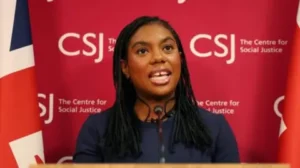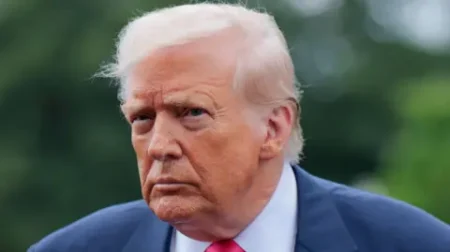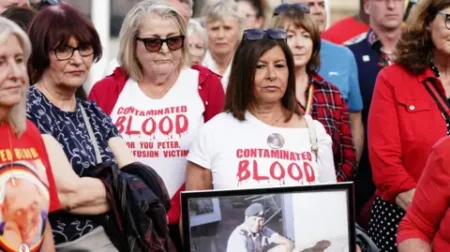On a significant day in legal and immigration policy, the Supreme Court, on a Friday in recent history, sanctioned the decision of President Donald Trump’s administration to suspend a program initiated during President Joe Biden’s administration. This Biden-era parole initiative had allowed approximately half a million immigrants from countries including Cuba, Haiti, Nicaragua, and Venezuela to reside and work in the United States on a temporary basis.
This ruling marked the second occasion within the same month that the Supreme Court supported Trump’s administration in its efforts to rescind temporary legal protections for specific groups of immigrants. Earlier in the month, the court also permitted the government to withdraw another parole program that had provided work permits to a substantial number of Venezuelan nationals. The implications of such policies extend deeply into the lives of those affected and underscore the constantly shifting landscape of immigration law and policy in America.
The order issued by the Supreme Court, although brief and unsigned, sent ripples through the legal community, eliciting dissent from two liberal justices—Sonia Sotomayor and Ketanji Brown Jackson. Their dissent reflects the ongoing ideological divide within the court regarding issues of immigration and executive authority.
It is important to note that while this emergency decision from the Supreme Court is not definitive, as the underlying legal case continues to progress through lower courts, it does enable the Trump administration to expedite the deportation of individuals who had previously benefited from the now-suspended program. Consequently, the lives of many individuals who had settled into a temporary status were thrust into uncertainty.
U.S. federal immigration law, dating back to the 1950s, has provisions that allow administrations to “parole” select migrants who arrive at the nation’s borders under humanitarian grounds. Historical examples include the Eisenhower administration’s decision to parole tens of thousands fleeing oppressive regimes, such as those escaping the Soviet influence during and after World War II. Typically, paroled migrants can live and work in the U.S. for a duration of two years, although this status is not permanent.
The Biden administration, in 2023, began granting parole to eligible migrants from Cuba, Haiti, Nicaragua, and Venezuela, but only if they submitted to background checks and were sponsored by U.S. citizens, avoiding illegal entry. However, President Trump’s decision to seek an immediate end to this program was a clear indication of his administration’s hardline stance on immigration from the outset of his presidency.
A critical aspect of this legal battle revolves around the powers granted to the Homeland Security Secretary, currently Kristi Noem, to permit or revoke parole status. The contention arises over whether the department can unilaterally revoke this status for all affected migrants summarily or if it must assess each case individually. Despite differing views on the facts, evidence implies that the Biden administration undertook at least some form of individual review prior to granting parole.
The Supreme Court’s reception of Trump’s administration’s arguments showcased the weighty nature of this policy decision, indicated as potentially one of the most critical immigration policy actions undertaken in recent times. By asserting that lower court decisions which temporarily blocked this policy disrupted vital immigration frameworks that serve to deter illegal entry and undermine the executive branch’s prerogatives, the administration highlighted the politically charged nature of these legal proceedings.
Complicating the matter further, a group of migrants benefiting from the program initiated legal action, resulting in a temporary order from U.S. District Judge Indira Talwani that prevented the wholesale termination of the program. Her verdict specified that while the government could cease parole on a case-by-case basis, a blanket termination was not permissible.
Legal proceedings continued with a federal appeals court in Boston dismissing an attempt to block Talwani’s temporary ruling, affirming skepticism about Noem’s authority to abrogate the parole program altogether without comprehensive review.
The backlash from this legal deliberation is a testament to the dynamic and contentious nature of immigration policy in the U.S., as the Trump administration pursued additional appeals, framing immigration reform as core to its agenda. The ongoing saga illustrates the myriad complexities and ramifications of U.S. immigration policies, as judicial systems grapple with political pressures, humanitarian considerations, and statutory interpretations. The conversation surrounding immigration policy will continue to evolve as legal cases unfold and societal attitudes shift in response to both domestic and global challenges.











